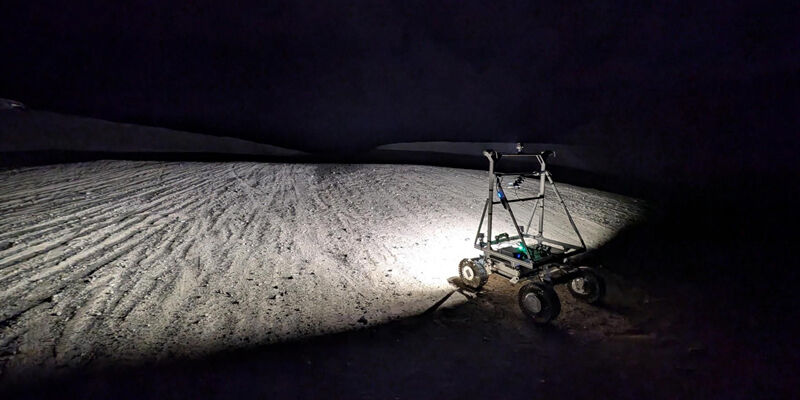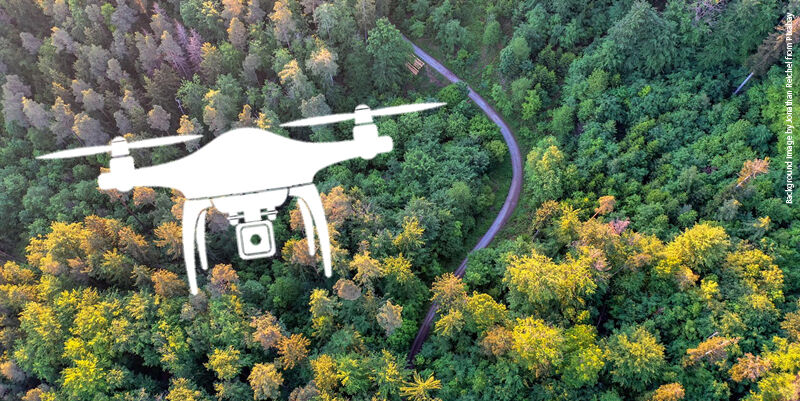The OGC is a fertile standards development frontier where academia, government and geospatial technology businesses come together. The OGC University Domain Working Group (DWG) provides a forum for OGC’s 106 university members. Academics frequently bring raw ideas into the OGC, where the ideas are refined, tested against user requirements – sometimes government needs, sometimes software developer needs, sometimes business needs – and then turned into consensus standards. Then technology providers, sometimes including entrepreneurial academics, implement the standards to meet user needs. â©
Much of the university members’ involvement takes place in OGC testbeds, interoperability experiments and pilot projects. Members with technical expertise prototype and test candidate interface and encoding standards and build reference implementations and compliance tests. Through discussions of requirements and through technical work, university participants gain industry exposure, contacts, work experience, funding and a window into leading-edge geospatial technology developments.â©
Universities as partners in collaborationâ©
A current focus for collaboration between the University DWG and research institutions is the Citizens Observatory Web (COBWEB). COBWEB is an ambitious and expansive citizen science research project funded by the European Commission’s Research Framework Programme (FP7). Through COBWEB, members of the public living in or visiting UNESCO biosphere Reserves but who aren’t scientists collect data with their mobile devices. â©
COBWEB concentrates on four UNESCO biosphere reserves in Wales, Germany, and Greece. Each COBWEB site addresses different angles of the development of citizen science. In Wales, the project’s biosphere reserve area encompasses Aberystwyth University, facilitating interaction with the university’s environmental science community. In Greece, the University of Patras is a partner. At biosphere reserves at Mount Olympus and on the island of Crete, tourists are expected to be involved in the research project. â©
The project involves not only advances in empowering citizen scientists, but also in the ways that researchers analyse and use citizen-collected data. Mobile data collection is a relatively new development in citizen science projects and introduces a host of challenges not present in collaborations that use just pen and paper or desktop analysis. Consideration of public access to research infrastructures and the problem of determining the quality of data are ongoing issues. Analysis of data that originates from citizen science projects is its own important realm of work. Advancement of citizen science depends on improved methods for collecting and communicating metadata characterising the quality and usefulness of citizen-sourced data.â©
Universities as sites for innovationâ©
Building strong relationships with universities is one way that technology-using organisations gain access to the standards expertise of the OGC. The University DWG is establishing a focused advisory process to facilitate these relationships. University members can give other members new perspectives on their strategies and can inform them of longer-term technology trends and the implications of those trends. The OGC leads architecture development for the Global Earth Observation System of Systems (GEOSS), and many universities participate. As GEOSS progresses, it will likely lead to many more opportunities and benefits for researchers. â©
Open science and open dataâ©
Rather than fitting research results into a standards framework after their data has been collected, researchers’ involvement in cyberinfrastructure development provides a path for aligning research with standards throughout the research cycle. This progress is critically important for the development of open science and open data in the geosciences, because without a standards framework, very little geoscience research data ever becomes publicly available, discoverable, assessable, accessible, re-usable, verifiable, and available for aggregation, comparison, longitudinal studies, cross-disciplinary studies, data exploration or virtual experiments. University DWG members participating in COBWEB, GEOSS and the US National Science Foundation’s EarthCube initiative are empowering the geosciences with 21st century information technology.â©
Contestsâ©
The OGC recently announced winners of the OGC student map app challenge, sponsored by Google and inspired by discussions in the University DWG (see http://appchallenge.opengeospatial.org for more details). The OGC and the University DWG plan to hold more contests in the future.â©
Internshipsâ©
Under the guidance of the University DWG, in 2013, the OGC implemented an internship programme, providing interns with work experience, contacts, industry knowledge, and a credential plus modest compensation. The OGC is a unique public-private partnership that offers students an equally unique perspective, different from and broader than the perspective they would gain from a government or business internship. Standards provide a bridge from the past to the future, and standards development requires awareness of past, present and emerging market drivers. Becoming immersed in the OGC provides students with this historical perspective and also a unique perspective of the roles of business, government and academia in the creation and dissemination of technologies. â©
An important benefit of an OGC internship is that standards development is a seldom-recognised growth area in the high-technology jobs market. It’s a two-way street: students’ ‘millennial generation’ perspectives are valued by OGC staff as clues to the future.â©
The first OGC intern, Lingling Ge from Worcester Polytechnic Institute in the US helped promote the app challenge mentioned above. She also updated domain media lists and created new media lists, identifying the target publications in new domains such as emissions trading and oil and gas (watch for news about OGC initiatives in these domains). Lingling updated contacts of editors in Asia, Europe and the US, and the OGC’s domain lists now include Chinese publications in most of these domains. The OGC’s most recent intern, Jaime Green, a recent graduate of the masters programme in creative non-fiction at Columbia University in the US (and now a teacher in that programme), helped with the preparation of this article.â©
Join!â©
The OGC is a university-friendly international standards organisation providing rich opportunities for students and faculty. Membership costs little. Join and participate!â©
The OGC is a unique public-private partnership that offers students an equally unique perspectiveâ©
Steven Liang and Chris Higgins are chairs of the OGC University Domain Working Group (www.opengeospatial.org/projects/groups/univdwg)
Subscribe to our newsletter
Stay updated on the latest technology, innovation product arrivals and exciting offers to your inbox.
Newsletter

